
Climate commitments
Find out how we will reduce the climate impact of our operations and products across Co-op businesses, and our Climate Plan for achieving Net Zero by 2040
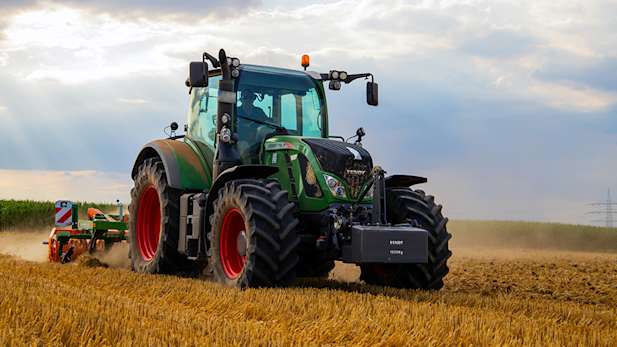
Farmers need to protect their crops against damage caused by weeds, pests and disease. However, some crop protection methods such as pesticides can have negative impacts on human health and the environment. Find out how Co-op supports the responsible application of these actions through our crop protection policy and encourages methods of production that reduce the impacts on environment and human health.

To protect crops, farmers use various techniques and chemical control methods.
Currently pesticide-based approaches (including herbicides, insecticides and fungicides) are the most commonly used. Other methods that may be used include crop rotation, biological controls such as predatory insects, or barrier approaches with agrotextiles and bird netting.
We believe that crop protection plays a role in food production but must be implemented responsibly. Our approach is to source ingredients in a way that reduces impacts on the environment and people and supports our restorative approach to landscapes with healthy ecosystems. Currently the reality is pesticide application plays a role in food production as the most common method of protecting crops from diseases, but we acknowledge the consequences pesticide use can have on the environment (such as biodiversity and soil health), as well as health impacts for the people involved in producing the food we eat.
As a result, we are looking at ways to encourage methods of production that involve integrated pest management (IPM) techniques. IPM is an approach to managing pests, diseases or weeds under which chemical pesticides are used only as a last resort, if at all.
We also sell an organic range of fresh produce.
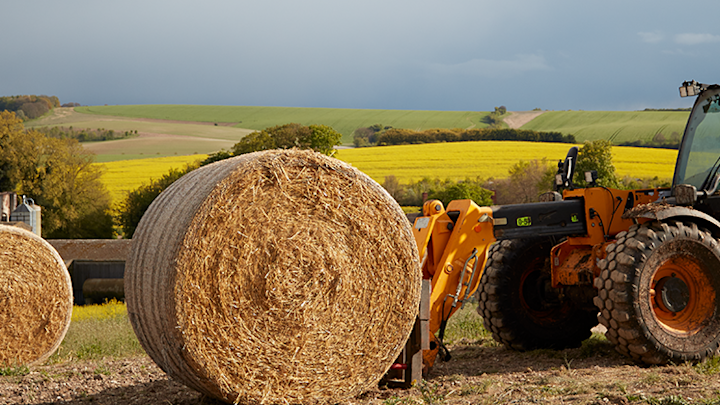
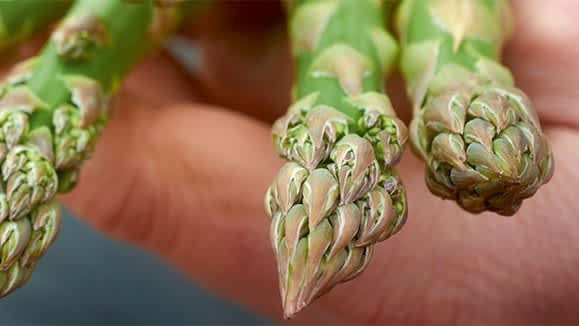
In 2021, we published our updated Crop Protection Policy, aiming to encourage the most environmentally-considerate methods of production which also protect the health and wellbeing of the people handling Co-op products. We have two major focus areas:
To find out more, read our policy in full here.
We conduct random sampling of products from across the global supply chain in our residue testing programmes. A residue test is testing a food item for a variety of pesticide residues.
The results are shared with our suppliers and used to encourage good agricultural practice, understand where our priorities are for action on phasing out the most hazardous pesticides and where suppliers need more support. Suppliers also carry out their own testing.
We investigate all incidences where there is a breach of legally-defined maximum residue levels (MRL) and implement corrective actions.
In 2022 in collaboration with several supplier stakeholders, we developed a phase out list of highly hazardous pesticide actives (HHPs) which have been identified for phase out within our fresh produce supply chain.
Our phase out list is set out below. Co-op is committed to reviewing our phase-out list annually, and new actives are added based on the most recent data. We ensure actives are not removed off the list when another is added. Additions to the list in 2025 are highlighted.
In addition, we have modified our pesticide residue policy with the expectation that all fresh produce suppliers investigate under the following circumstances and make the investigation available to the Co-op upon request.
PAN HHPs are listed here.
Phase out list
| Rank | Name of active |
|---|---|
| 1 | Chlorpyrifos |
| 2 | Quinoxyfen |
| 3 | Prochloraz |
| 4 | Imazalil |
| 5 | Thiabendazole |
| 6 | Phosmet |
| 7 | Diazinon |
| 8 | Iprodione |
| 9 | Imidacloprid |
| 10 | Carbendazim |
| 11 | Lufenuron |
| 12 | Spirodiclofen |
| 13 | Bifenthrin |
| 14 | Triadimenol |
| 15 | Clothianidin |
| 16 | Dimethoate |
| 17 | Quizalofop |
| 18 | Omethoate |
| 19 | Ethirimol |
| 20 | Furmecyclox |
| 21 | Chlorpyrifos-methyl |
| 22 | Ethephon |
| 23 | Clothianidin |
Worker welfare phase out list (non-detected actives)
Actives that are not detected in Co-op’s in-house residue testing data but present risks to worker’s welfare.
| Name of Active | Use of concern | Notes |
|---|---|---|
| Paraquat | Herbicide | Not detected but active of concern |
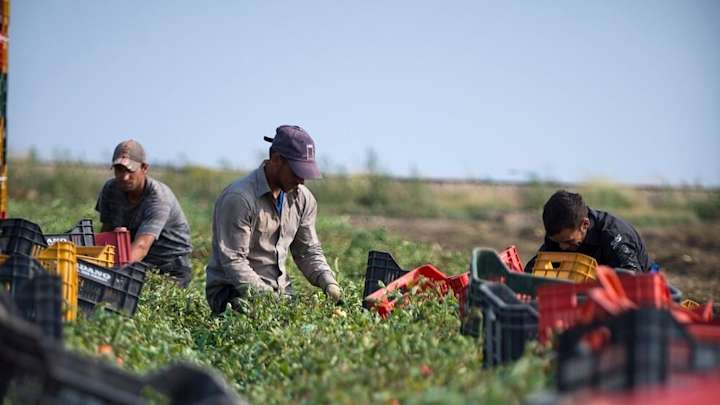
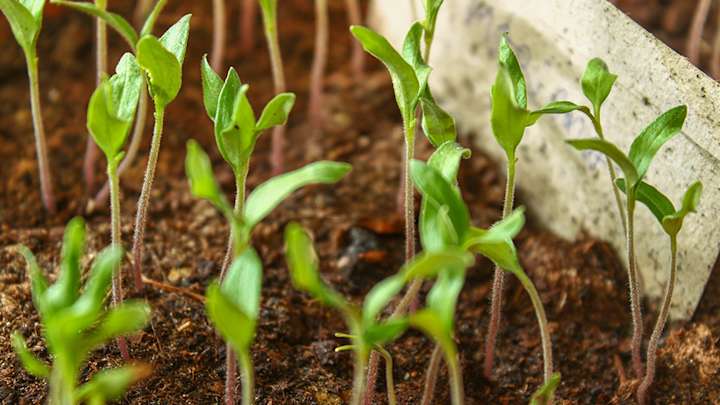
We’ve committed to increasing the transparency on crop protection and pesticide use.
Information we’ve published includes:
View our Crop Protection and Pesticide Data Report for the past four years: 2024, 2023, 2022, 2021,
As well as managing the impacts in our supply chain we also sell some products in our gardening range that may contain pesticides. In 2021, we committed to only selling organic, natural or benign crop protection pesticides. Low-risk pesticides include many natural pesticides and a small number of synthetic pesticides that are of low risk. Herbicides containing actives such as glyphosate will no longer be sold. We’ve also changed the range of pet-care products sold in our stores, meaning that we will no longer sell products containing fipronil, which can be damaging to bees and other pollinators.
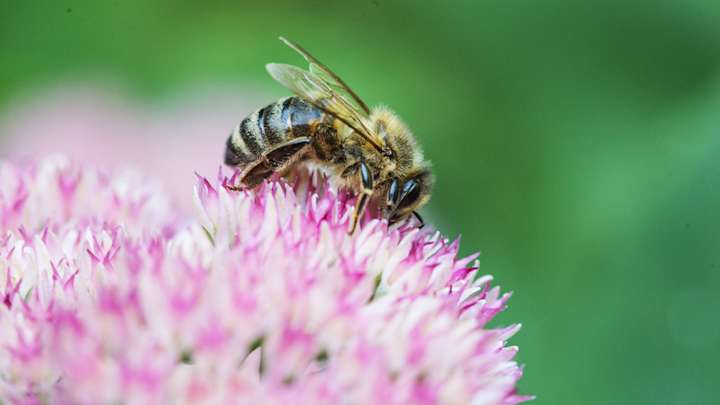
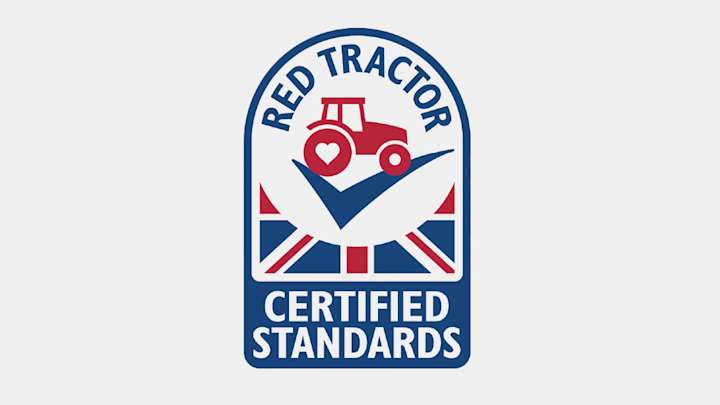
We require all our UK growers or suppliers of fresh produce to have a Red Tractor or Organic certification. Fresh, horticultural and frozen produce from outside the UK are produced to meet GLOBALGAP standards or equivalent. However, our policy goes beyond the requirements of these standards.
We encourage all other food categories to work towards a Good Agricultural Practice (GAP) certification standard for their ingredients.
Our Sound Sourcing Code of Conduct sets out the workplace and employment standards that we strenuously apply across our supply base, based on the Ethical Trading Initiative (ETI) Base Code and core international labour standards. To identify issues affecting workers in our supply chain and monitor pesticide and chemical use by workers, we run a global ethical audit monitoring programme which reaches up to 700,000 workers in 2,480 sites located in 72 countries across 6 continents in Co-op own-brand supply chains.
We were ranked 3rd on Pesticide Action Network UK’s 2024 supermarket scorecard in the ‘making good progress’ category.